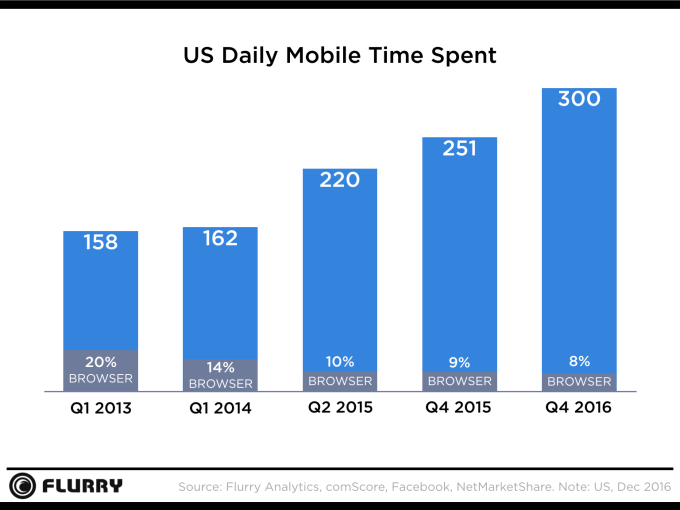RoamBOOST identifies five reasons why cellular is key to digital dominance
Boston, Mass. — March 28, 2017 — The No. 1 strategic technology goal for more than half (52%) of U.S. hotels today is to improve digital customer engagement (2017 Lodging Technology Study). While some operators are focusing on analytics to drive their digital marketing efforts, others are honing in on connectivity by using handheld tools to book faster reservations, get into their rooms faster with mobile keys and even stream personalized music and content faster from cellular devices. While these new amenities are trendy, RoamBOOST is advising hoteliers not to overlook the fundamentals – without a solid cellular network, guests won’t be happy with a slow, unreliable experience.
“Mobile technology is touching every aspect of the customer journey,” said Sarah Smith, RoamBOOST vice president of sales, Northeast. “There are mobile bookings via mobile apps, mobile marketing offers that are pushed to guests based on their location and preferences, mobile room controls that set temperature and open/shut drapes, mobile streaming that wirelessly sends audio/video content to room speakers or the TV, mobile check-out backed by mobile surveys, and so much more. We’ve become a mobile hospitality industry dictated by a digital guest experience. Given that travelers are 100% reliant on their smartphones to navigate this marketplace, it’s critical that hoteliers don’t forget that guests still need to be able to make and take phone calls. The most high-tech hotel will eventually sit empty if its guests and meeting planners can’t get a cell signal. No matter how much money a hotel invests in WiFi, cellular is an independent component that simply can’t be ignored.”
As hospitality’s mobile engagement expert, RoamBOOST, identifies five reasons why cellular is key to winning the digital marketplace:
Five Hours a Day – Guest are dependent on their mobile devices, and their reliance is proving to grow exponentially year over year. According to new data released this month by analytics firm Flurry, the average U.S. consumer spends five hours a day on personal mobile devices, and time spent in mobile apps has increased 69 percent. Because cellular devices have become such an intricate part of everyday life, hotel guests and travelers require connectivity to their cellular networks at all times.
- Go the Extra Mile – Guests expect a totally connected stay, whether it’s to order items, stream content, purchase services or just communicate socially. Providing High-Speed Internet Access is just half of the equation when it comes to meeting guests’ mobile demands. To keep guests from gobbling up the property’s bandwidth and creating a frustrating experience, the hotel must balance WiFi and cellular. The best way to go the extra mile for guests is to install a scalable Distributed Antenna System (DAS).
Create Loyal Customers – Staying at a hotel with no cell signal is disappointing. Consider this recent TripAdvisor review titled “Only complaint is no cell service inside the building!” The traveler wrote: “This is the 2nd time we've stayed at this hotel. It's got the best beds! I'm NOT a big phone person – however, we needed to stay in phone contact with family while we were there; both times the only way to get cell service was by going outside! Not convenient when you're on the 3rd floor! No idea what the problem is, but I'd think twice about staying again.” Obviously, this guest wants to be a loyal customer. Ignoring the cellular problem is not only preventing him from returning, but also illicits harmful negative reviews that keep other potential guests from visiting. While the guest didn’t know what the problem was, a DAS integrator can help pinpoint the problem for management.
- It’s Hip to be Square – While it’s impossible to keep up with every new design fad, a hotel with a solid cellular infrastructure will always be de rigueur. Futureproofing the property with a constant cell phone signal means guests will always have access to the latest technology or social media craze.
- Simply Better Service! When it comes to cell service, there is a real trickle down effect from management to guests. Many hotels rely on smartphones for staff communication. If guest requests aren’t being met because cell service is lacking, it adds friction along the customer journey. A solid cellular network is designed to improve customer service, not exacerbate it. Two-way communication between guests, staff and management is the key to delivering a frictionless stay from check-in to checkout.
For more information about the RoamBOOST DAS, call (978) 777-8787 or email [email protected]. For media inquiries, contact RoamingAround PR Agent Barb Worcester at (440) 930-5770 or email [email protected].




